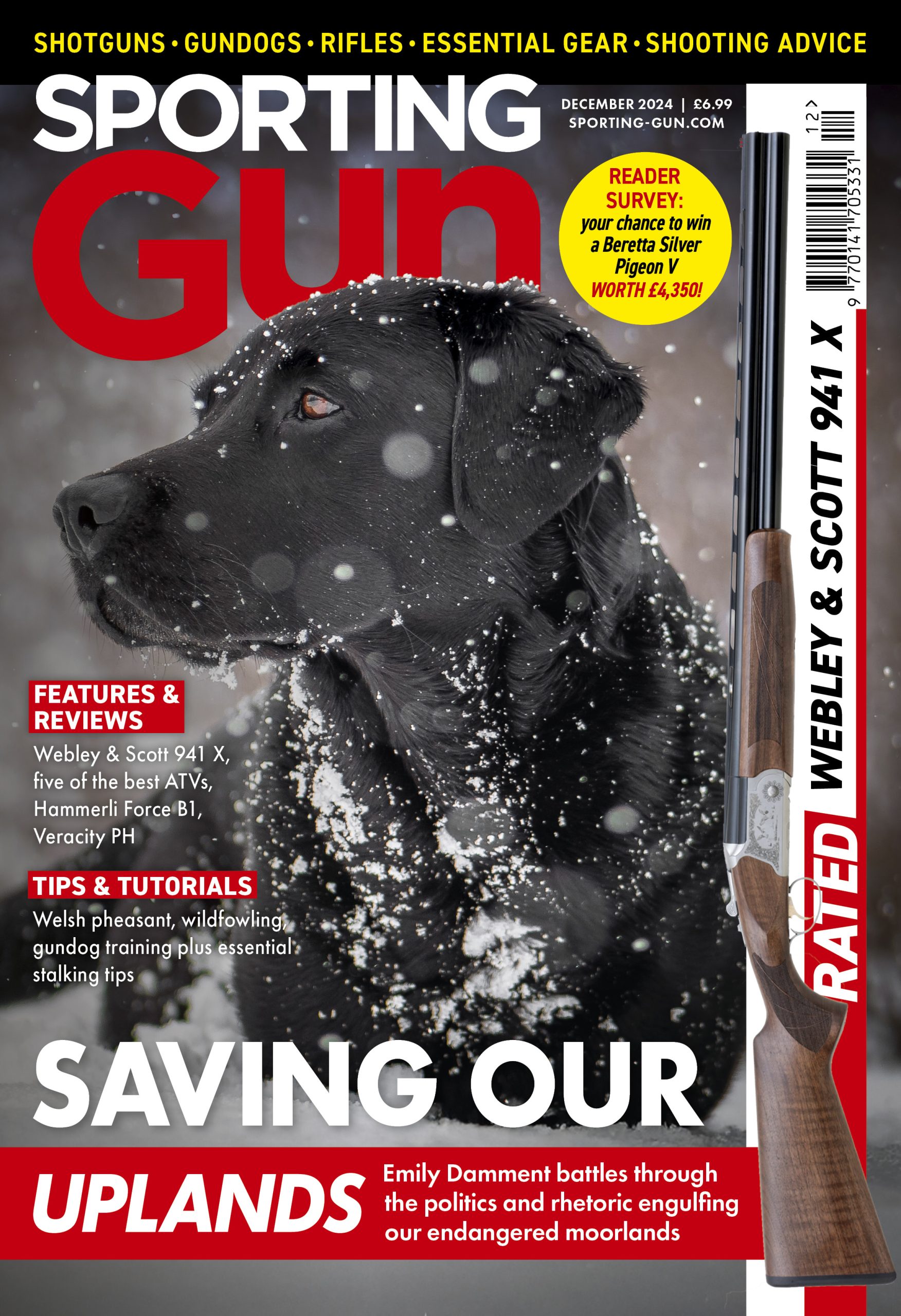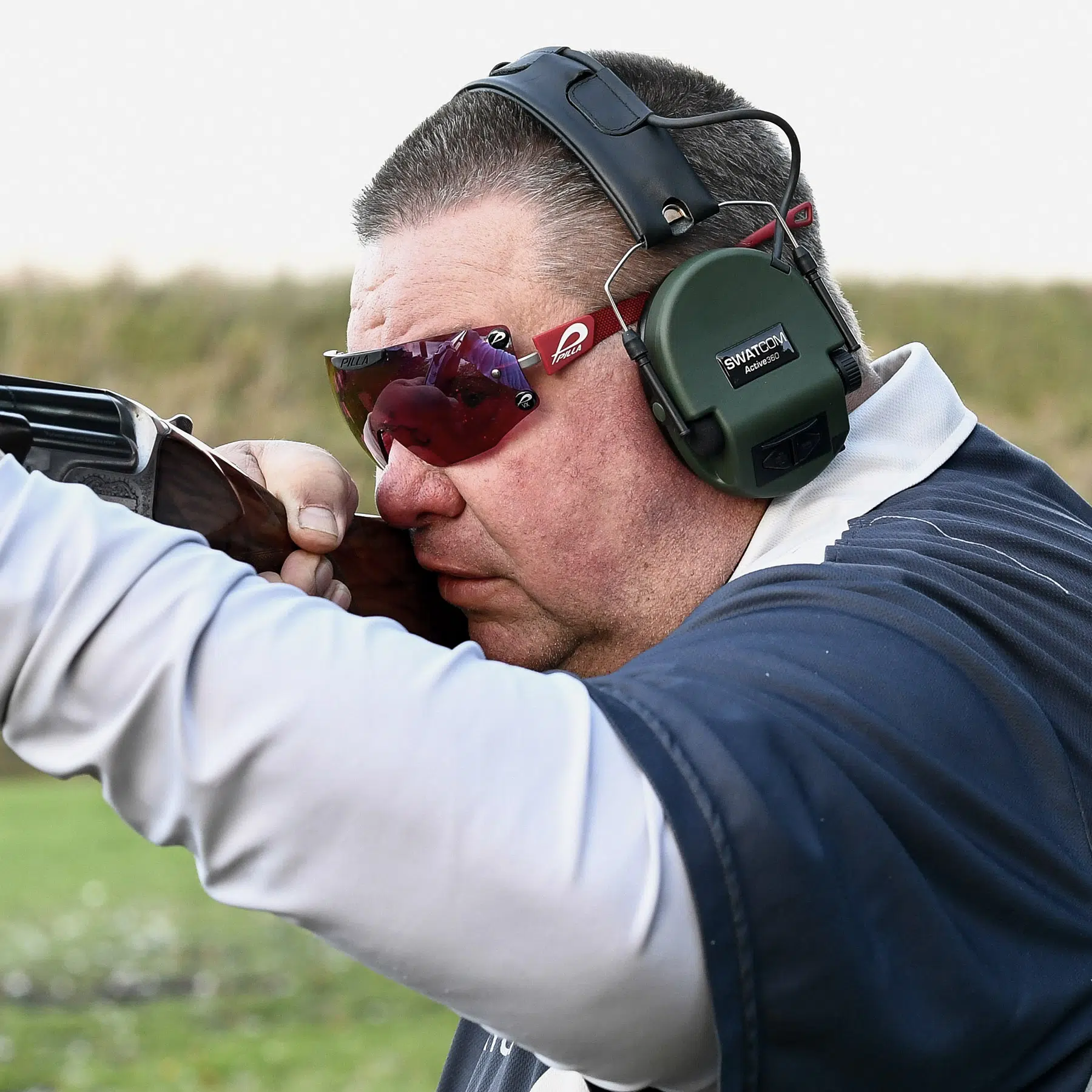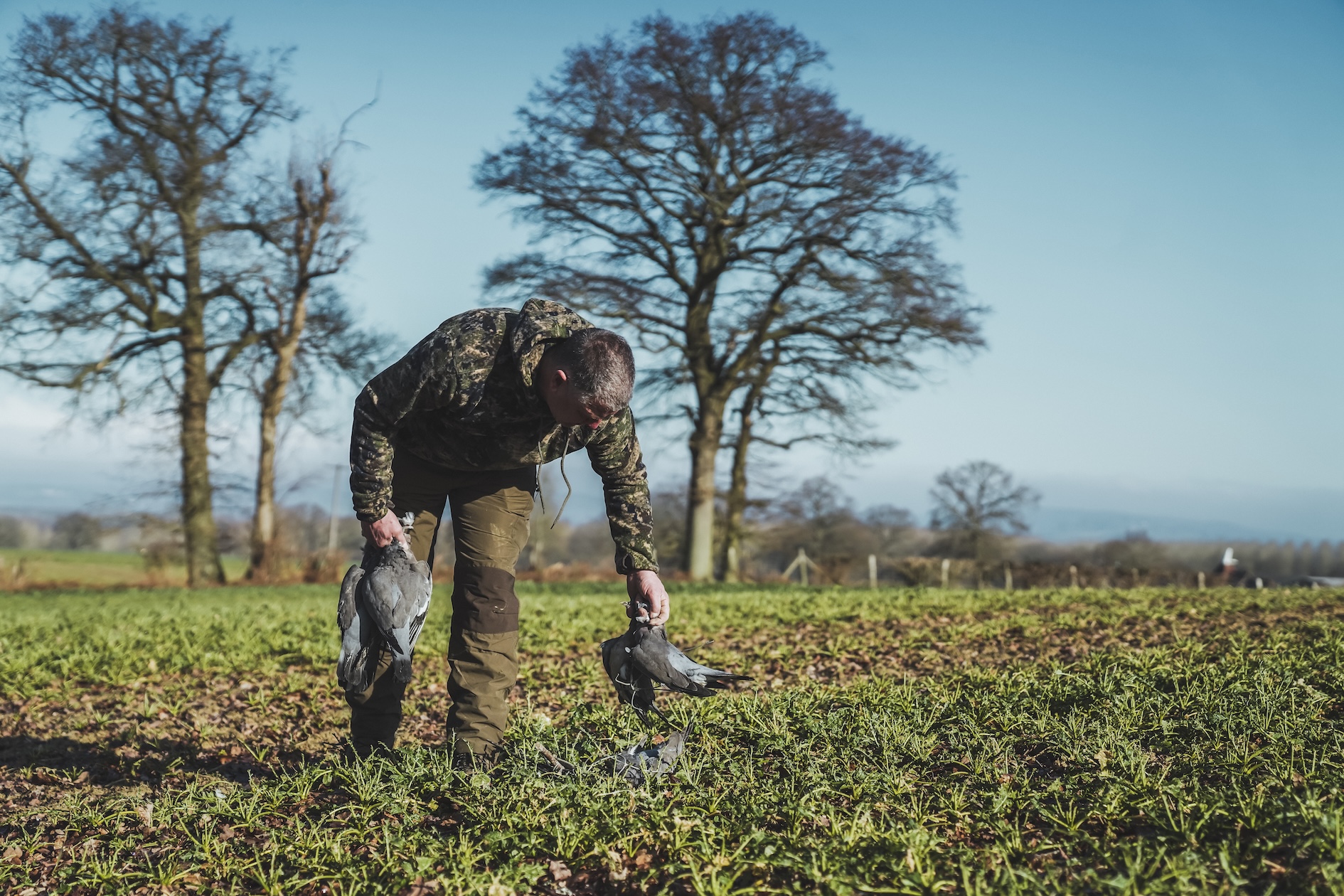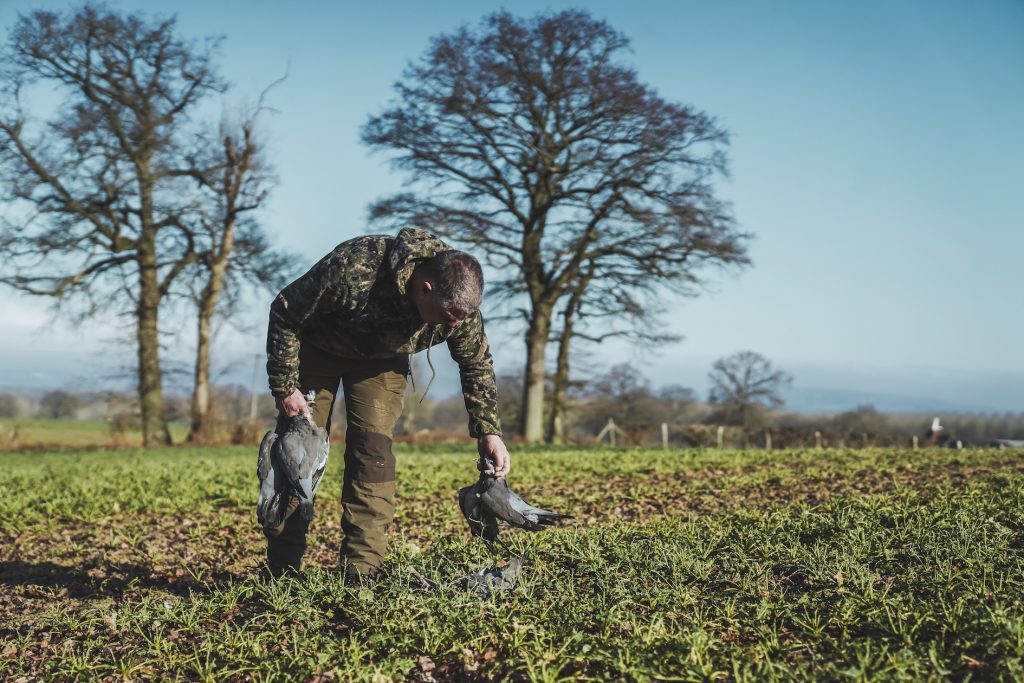★ Win a Schöffel Country shooting coat for everyone in your syndicate worth up to £6,000! Enter here ★
Should I insure my working dog?
Should you get insurance to protect yourself against unexpected vet bills? There are some alternative options to insurance for your dog!
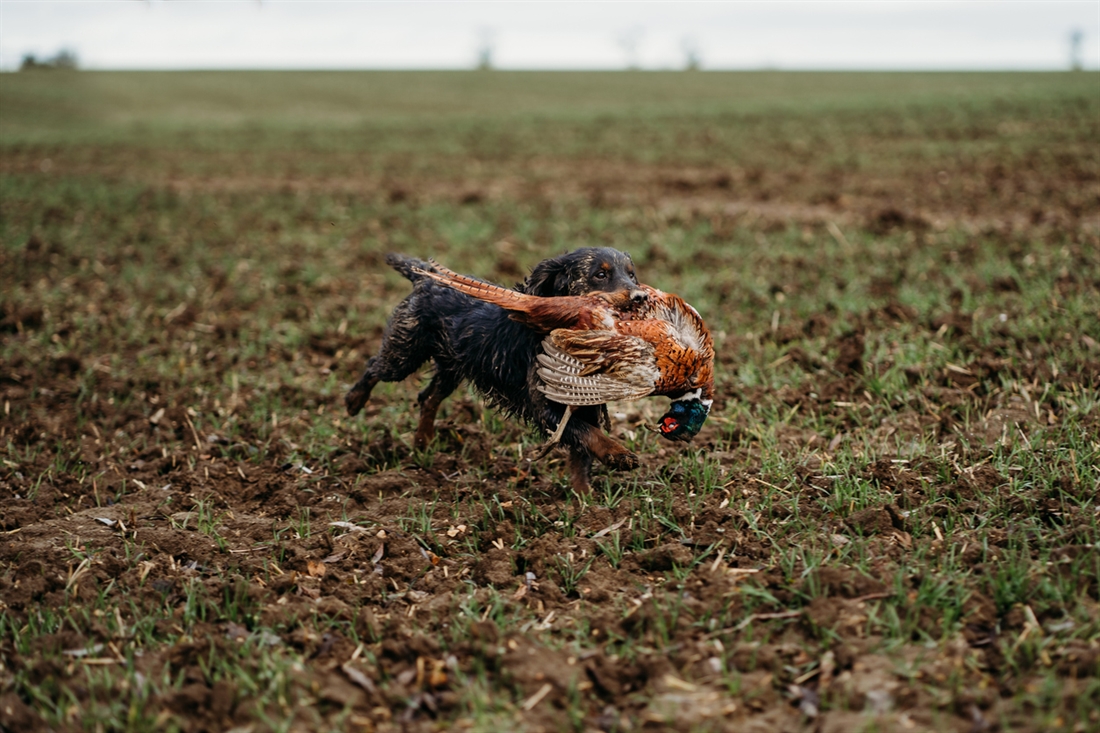
Sometimes it feels like all I ever hear is how expensive vet bills are! While I firmly believe that most vet practices offer exceptional value for money, the cost of an illness or accident can soon add up. Modern veterinary medicine can treat more conditions than ever, but these advances come at a cost, and with no NHS for pets (or working gundogs!), how can you best ensure you give your working companion the healthcare he needs?
Insurance
Most vets will strongly recommend insurance. Most policies cover accidents and illness, but also third-party liability claims, and some even cover travel abroad, kennelling if you are ill, and a reward if your dog goes missing. Unfortunately, the number of companies which will insure working gundogs, or dogs used for breeding, is small. Read the small print and get clarification if you are unsure what activities will be covered.
There are three basic types of insurance to consider:
- Annual Renewal – These are the cheapest policies. They only cover each accident or illness for 12 months.
- Life Cover (Monetary Limit) – These are the most common type. These cover each accident or illness for the life of the pet and the policy up to a set monetary limit.
- Life Cover (Unlimited) – These are the most expensive type. These allow you a set amount of money to use each year on any number of conditions. Cover continues for the life of the pet and policy, with the ‘pot’ being refilled at the start of each year.
There are also policies that just provide third-party cover (this may be included in shooting organisation memberships), or just accidental injury cover.
Except for some short-term, free policies given out by breeders and vets, cover won’t start for at least two weeks after you take out a policy. Previous health problems won’t be covered either, whether you have claimed for them or not. There will be an excess to pay on each claim, or for some policies each year. The cost of cover will rise most years, especially as your dog ages. This is because dog insurance prices are based on the risk for dogs of a given breed and age, not on your personal claim history (unlike house or car insurance). Make sure to read the small print for any general exclusions, and to take out a sufficient level of cover.
Savings account
With multiple working gundogs, insurance can be costly. Many people choose to put money aside each month in an emergency fund instead. This works well unless your dog gets an expensive condition early on, when it may not cover the whole bill.
Credit card
As well as an emergency fund, some people have an emergency credit card. This allows treatment decisions to be taken quickly and the cost repaid over time. By looking for good deals and switching balances, minimal interest may be paid.
Practice credit
Most practices are reluctant to risk informal staged payment agreements, but a few can now offer proper licensed credit schemes. These are often low interest or interest free, but an additional fee may be payable to cover the cost to the practice.
Unexpected vet fees can also be minimised by having a good preventative health plan in place (vaccinations, parasite control, etc.), and by keeping dogs fit and well fed. Practices can vary greatly in the services they offer, and the fees they charge, but using different practices for different things can lead to poor continuity of care. For long-term medicines, you can ask for a prescription and buy from a pharmacy or online if this is cheaper than buying from your vet. Make sure your vet understands your budget and don’t be afraid to discuss the range of treatment options available.
Related Articles
Get the latest news delivered direct to your door
Subscribe to Sporting Gun
Subscribe to Sporting Gun magazine and immerse yourself in the world of clay, game and rough shooting. As the leading monthly publication for passionate shooters at all levels, Sporting Gun delivers expert advice, practical tips and in-depth reviews to enhance your skills and enjoyment of the sport.
With features ranging from gundog training to pigeon shooting, and wildfowling to equipment recommendations, you’ll gain valuable insights from professional shooters and industry experts. A subscription not only saves you money on the cover price but also includes £2 million Public Liability Insurance, covering the use of shotguns, rifles and airguns for both recreational and professional use.
